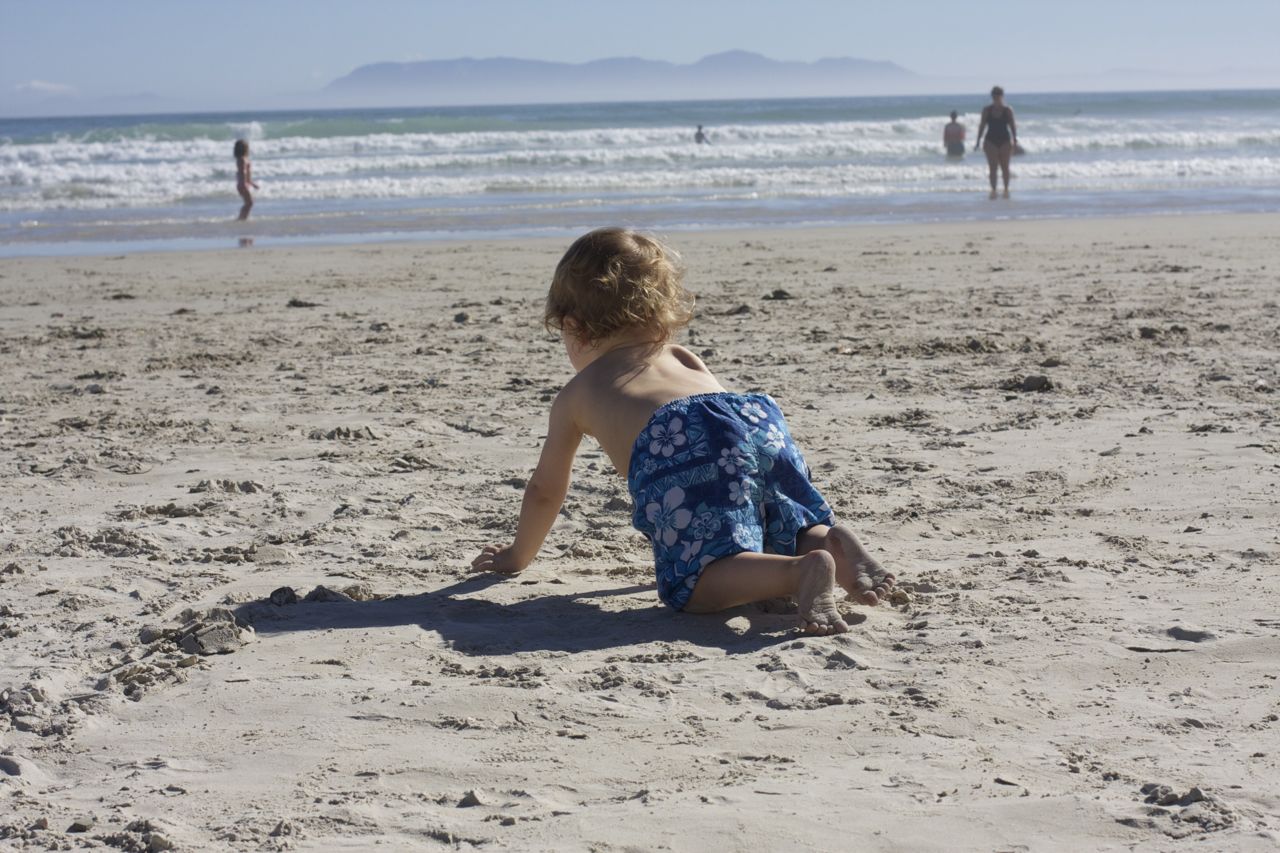To any readers who may be out there: I start with the assumption that being free from disabilities is good. Heaven is going to be a disability-free zone, and I will rejoice with everyone who has the opportunity to overcome disabilities in this life. However, the question I wrestle with each day is how to live with disability. The spiritual issues I face deal much more with my attitude than with my circumstances.
It’s possible to group our attitudes towards troubles and hardships in our lives (such as dealing with a disability) into three alternatives. The first alternative is REBELLION. We can decide that what we’re facing is too hard and curse God, or abandon Him, or run away. This alternative gives us a chance to express our anger. (Sometimes anger at God for allowing us to be in this situation or for not granting the healing that we ask Him for.)
We can refuse to accept the hardship by literally running away from home or by doing things that we know are wrong. You can see an example of this in the book of Exodus when the Israelites in the wilderness choose either to go back to Egypt or to run ahead to the Promised Land without waiting for God.
Most modern Americans don’t choose that dramatic of a response. We prefer a quiet alternative. We deal with the trouble or disability as best we can, but we COMPLAIN about it. We may complain aloud or just in our own hearts, but we think, “I shouldn’t have to face this. God should never have let this come into my life. He’s really let me down, and I have every right to resent this!” The Israelites in the wilderness were very comfortable with this type of response– just as we are. God fails to meet our expectations, so we’re disappointed and feel justified in grumbling and complaining.
I remember when a friend asked me about how I dealt with my son’s disability. I responded to her, “Well, everyone’s life is full of disappointments. Mine is no different.” I suppose that is true, but it’s not the most important and deepest truth.
The most important truth is that everyone’s life can be filled with joy and blessing.
If we open our eyes and hearts, we can recognize that we have the opportunity to spend much more time with the ones that we love. We can enjoy the daily pleasures of life and find causes for joy everywhere — if we let go of our expectations and disappointment concerning the “disabilities” in our life. When we do that, we will be truly open to receiving all of God’s blessing and sharing it with others around us.


